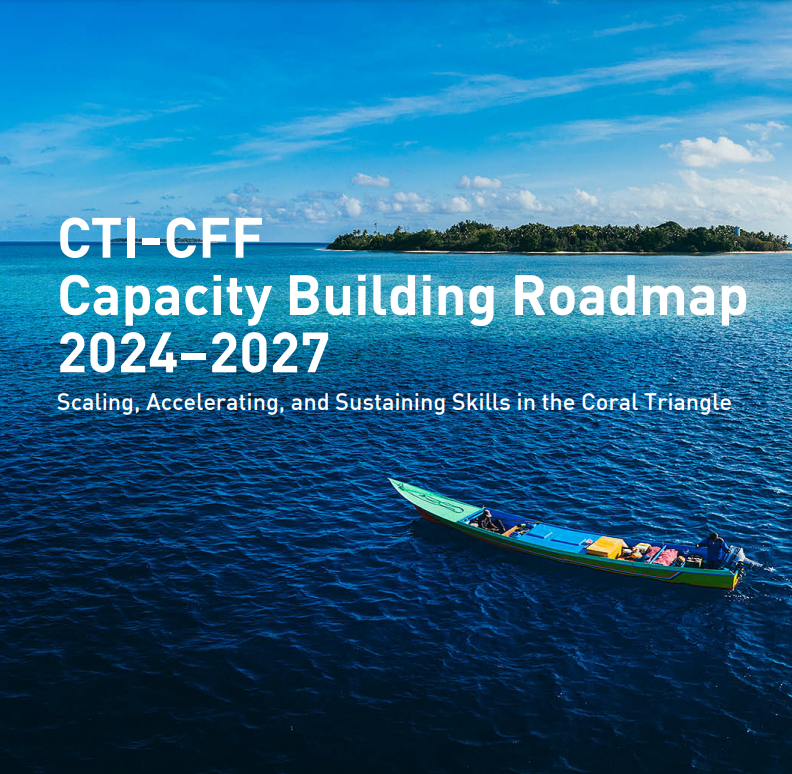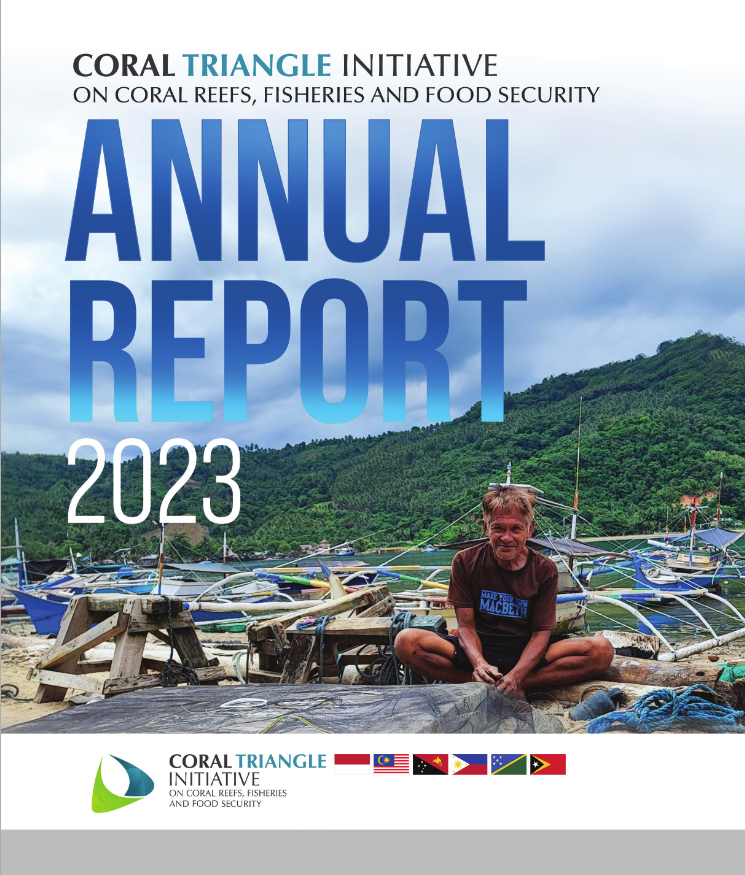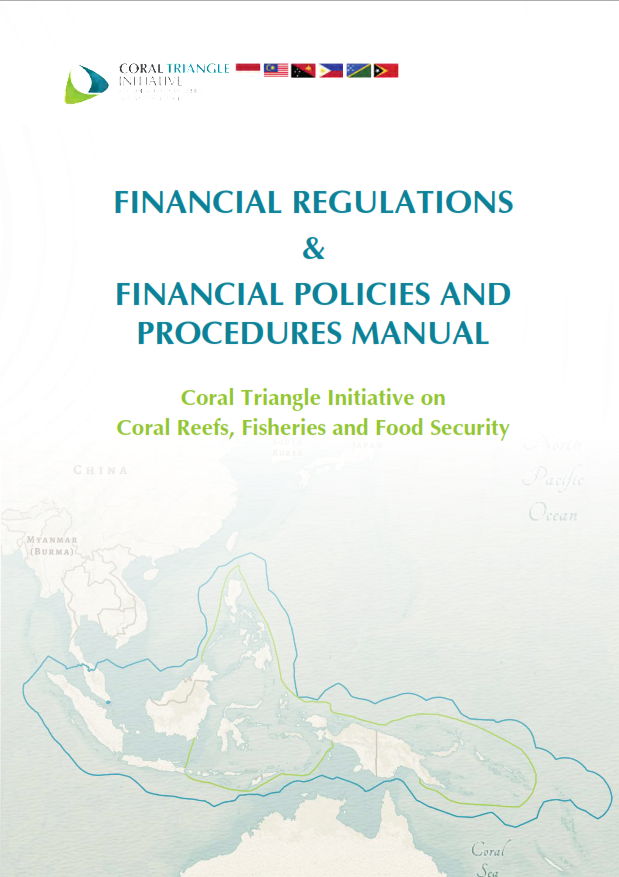CTI-CFF Strengthens Efforts to Combat IUU Fishing Through Media Training Participation
CTI-CFF Strengthens Efforts to Combat IUU Fishing Through Media Training Participation
The Coral Triangle Initiative on Coral Reefs, Fisheries, and Food Security (CTI-CFF) recently reinforced its commitment to sustainable fisheries and the fight against Illegal, Unreported, and Unregulated (IUU) fishing by actively participating in a specialized media training session. Representing CTI-CFF Regional Secretariat were Executive Director Dr. Frank Griffin and Marketing and Information Officer Fritzgerald Wenur. Also attending was Mr. Md Anjum Islam, Project Manager of USAID Sustainable Coral Triangle.
The training kicked off with welcome remarks from Araya Poomsaringkarn, Project Management Specialist at USAID RDMA. This set the stage for a series of discussions and activities focused on enhancing media engagement strategies, particularly in relation to sustainable fisheries and combating IUU fishing.
Following the opening, Dr. Arlene Satapornvanit, Chief of Party for USAID SuFiA-TS, provided an update on the organization’s ongoing efforts to tackle IUU fishing, highlighting the crucial role that media plays in raising awareness and driving action.
Participants were divided into two groups: one focused on media training for communicators, which included Dr. Griffin and Mr. Wenur, and another that combined a meet-and-greet with Gender Equality and Social Inclusion (GESI) training for media professionals. In the media training sessions, participants delved into several key areas critical to effective communication. One of the primary focuses was the preparation for media interviews. This session highlighted the importance of thoroughly researching journalists, crafting targeted key messages, and understanding audience dynamics. The emphasis was on developing audience-focused messaging that resonates with public concerns and interests, ensuring that communicators can connect meaningfully with their audience.
Another essential aspect covered was performance in communication. Participants learned how body language, voice modulation, and clear messaging contribute to conveying their messages effectively. Through practical exercises, they honed their delivery techniques, which are crucial for confidently handling various media scenarios.
The training also concentrated on crafting compelling messages. Participants were taught how to create concise, objective, and impactful messages tailored to different media platforms. This included developing key talking points and structuring messages in a way that ensures clarity and engagement, ultimately enhancing their ability to communicate effectively in diverse media contexts.
The training delved into advanced techniques for engaging with journalists, offering insights into the specific needs of different media formats—print, broadcast, and online. Dr. Griffin shared valuable experiences on managing challenging interview situations, highlighting the importance of maintaining control over the narrative. Participants also engaged in practical exercises, including doorstop interviews and exclusive interview simulations. These hands-on activities allowed them to apply their learning in realistic scenarios, preparing them for the complexities of real-world media interactions.
The second day featured panel discussions on topics like “People and Fish” and group sessions on media reporting on fisheries. The agenda also included an editors' roundtable focused on setting priorities for media coverage in the Indo-Pacific region. Dr. Griffin delivered a significant presentation on CTI-CFF’s initiatives and the Regional Plan of Action (RPOA) 2.0 in combating IUU fishing. He emphasized the need for collaboration among member countries and outlined the strategic directions under RPOA 2.0, which include policy support, partnership enhancement, and resource mobilization.
The training concluded with a roundtable discussion on strategies for effectively narrating stories about sustainable fisheries and combating IUU fishing. The event ended on a positive note, with participants expressing a strong commitment to applying the knowledge and strategies learned in their future work. CTI-CFF’s active participation in this media training underscores its ongoing dedication to addressing the challenges of sustainable fisheries management and combating IUU fishing. The insights and skills gained from this training will bolster CTI-CFF’s efforts to protect the region’s vital marine resources and promote a sustainable future for fisheries in the Indo-Pacific.



